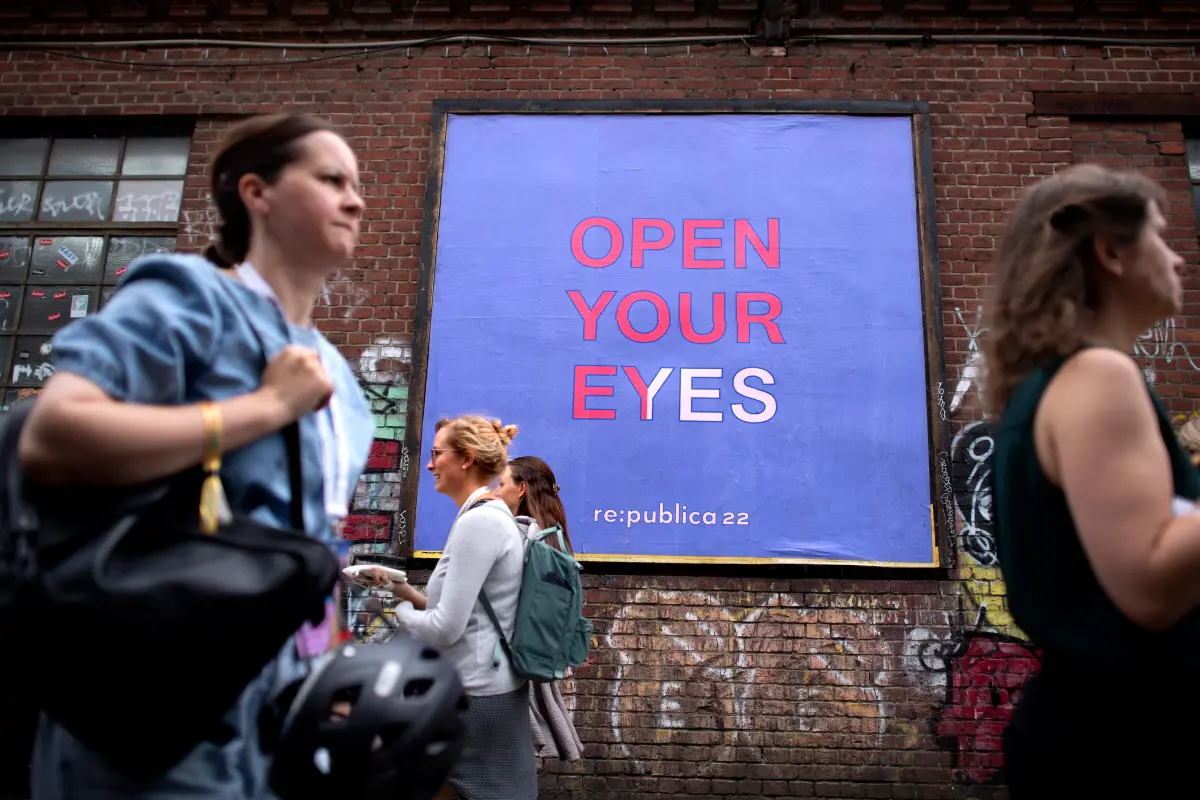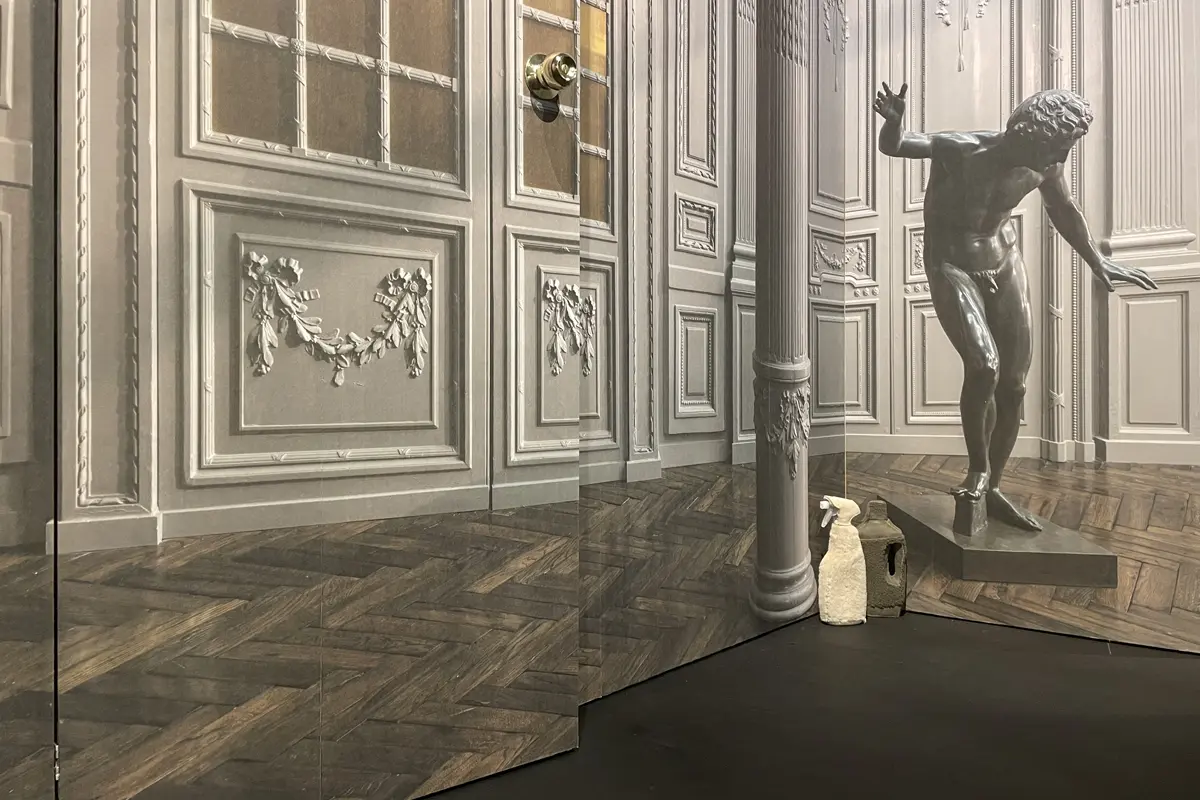«It was once said that a person’s eyes are the window to their soul – that was before people had cell phones» – how American pop culture tell us who we are, and the privacy crisis
Gossip Girl’s prophetic power – American pop culture at its finest
From July 2023, Gossip Girl is back on Netflix. All the seasons’ episodes can now be once again watched online on the platform. The tv series, first aired 2007-2012, starring Blake Lively, Ed Westwick, Leighton Meester and Penn Badgley, never seems to go out of fashion. It may just be the glam of the New York elite, the fascination towards the Upper East Side or the recent early 2000s style comeback. Or there may be something more to it.
Gossip Girl: the cultural colonialism policy of the US
The series went on to build a fame for most of the actors, and their career far exceeded the program, their faces are now familiar across all Anglo-Saxon tabloids, their social accounts followed as can be. A less known fact is Gossip Girl as we know it actually comes from a book series that is of course even older. It is American pop culture at its finest. As such, GG was part of the cultural colonialism policy of the US in Europe. What strikes the most, is Gossip Girl’s prophetic power.
Everyone has one: presence of smartphones in Gossip Girl
Everything in the popular American series revolves around cell phones. In S1 E16 – reminder: we are talking 2007 – Blair, the original Queen B, even spells it out: «it was once said that a person’s eyes are the window to their soul – that was before people had cell phones».
Maybe it’s all about the hype – the tech had just been popularized at the time – but it sounds almost creepy to hear it today, in the age where all privacy is lost. Truth is, either willingly or unwillingly, Gossip Girl’s writers had an intuition. Watching the series today means going back to the junction that brought us where we are today – a sliding door moment.
Gossip Girl predicted the death of privacy
The whole series revolves around a non-presence: the almost omniscient Gossip Girl, who for the first five series makes no physical appearance (although everybody wonders who it is) and lives only in Manhattans’ high society teenagers’ phones. The way it works is pretty straightforward: teenagers can take pictures and send them to the mysterious Gossip Girl, who then builds a narration and shares them with Society, gossiping about the lives of those who matter.

Gossip Girl and the mediate society
It does sound familiar. Most of all, Gossip Girl is the first representation of the death of the right to privacy. Every single passer-by in the series feels entitled to stop, take a picture of the latest scandal – usually couples kissing – and send it to GG to be shared. The thought of being entitled to living their own life without being photographed doesn’t seem to cross any of the characters’ minds – except every now and then Dan’s. Spoiler: he turns out to be Gossip Girl.
The message is clear, once again prophetic: we live in a mediated society. There is no entitlement to reality. Rather: the mediated messages shared by Gossip Girl are realer than reality. All the twist and turns of the plot are in fact more often than not consequences of what was said on GG rather than what actually happens – often the two are not the same.
«The Society of the Spectacle» by Guy Debord
When Gossip Girl first came out, Facebook had only been around for a couple of years. The digital universe we know today did not exist. Some, even before the show, had predicted it. It was not pop culture, it was philosophy. They could not know we were going to each have a portal to mediated reality in our pockets – but, discussing mass media, they made theories so informed and illuminated that are still relevant today, no matter what the latest technological achievement is.
In 1967, a book that was bound to change everything came out. It was «The Society of the Spectacle» by Guy Debord. «In societies where modern conditions of production prevail» he wrote, «all of life presents itself as an immense accumulation of spectacles. Everything that was directly lived has moved away into a representation».
Marshall McLuhan’s «the medium is the message»
What really matters is representation, reality no longer means anything. Images, it follows, are not just that: «the spectacle is not a collection of images, but a social relation among people, mediated by images».
Society is everything. A few years earlier, in 1964, Marshall McLuhan had coined the to-be-renowned sentence «the medium is the message», titled of the first chapter of his Understanding Media: The Extensions of Man. He was calling for all researchers to investigate the medium itself, rather than the message it carries. 1964 is, in a sense, the moment when modern Media Study was born.
What pop culture did: make it fashionable
Philosophers and researchers, in the Sixties and Seventies, were warning society about the perils of the power mass media. What commercial and pop culture did was turn the worry away and turn it into a fashion trend. You have to be photographed to matter; you have to be part of the digital sphere to even be at all. There is more. Facebook did exist, but it was mainly used with computers – something you could not bring outside of the house.
Gossip Girl predicted the portable rabbit hole we have always with us. Not just that: it showed our obsession for being exposed and exposing others before it existed. And made it fashionable. It is cool to be there – not in life, but in the immaterial sphere of communication. Those who are not, are either marked as outsiders because they decided not to be there, or just not interesting enough.
Old or new: gossip has always existed
One may notice gossip has always been a primary feature of small high-end groups: everybody has to know everything about everyone – and if you are not talked about, it means you are not worthy of consideration (i.e. you do not exist). This has not and will not change. What changes is the medium through which the gossip runs and reaches its targets.
Before, it used to be mouth-to-mouth, either innocent or malicious chats with neighborhoods. Then the digital age came along. It is not about the medium, they say, but about how it is used. That may be true. Which, in turn, brings us back to McLuhan: the medium is what matters. There is no denying that – indeed, at some point, deep in the digital mindfuck, we started building our lives upon digital rather than real assumptions. We base our choices on that – it is no joke.
The medium changed it all – but the consequences are very tangible and real. Often disastrous. It is then imperative, quoting McLuhan once again, to study the medium, understand it, fight it if necessary. Pop culture – often dismissed – as a role in mediatization. Turn on Netflix, look up Gossip Girl, watch it, think about it medium-first, have a pop culture bath: it will change everything.
Gossip Girl
American TV series Aired from 2007 to 2012, about the Manhattan elite youth, inspired by the homonymous books.



















